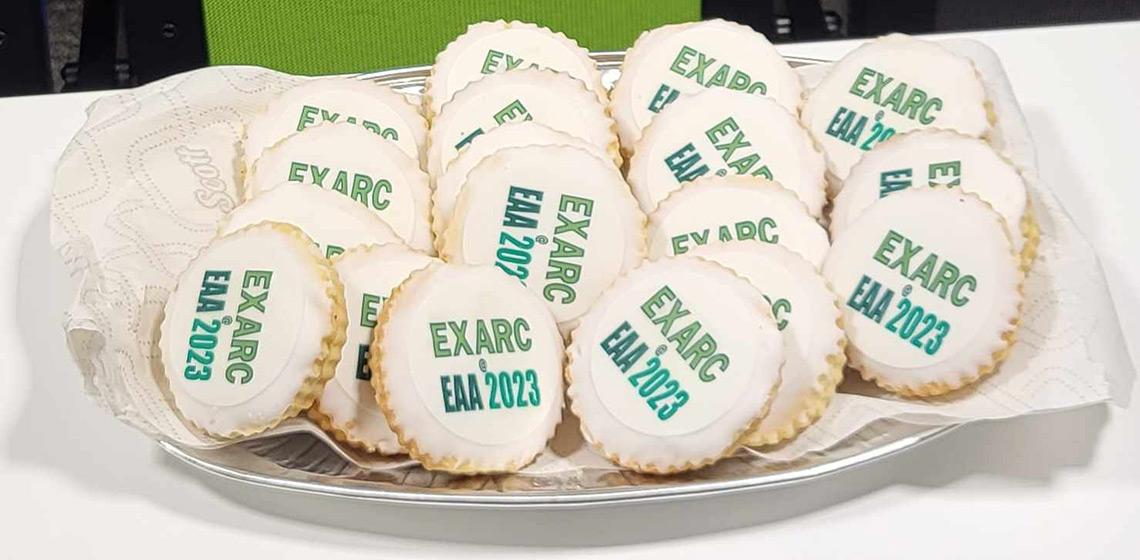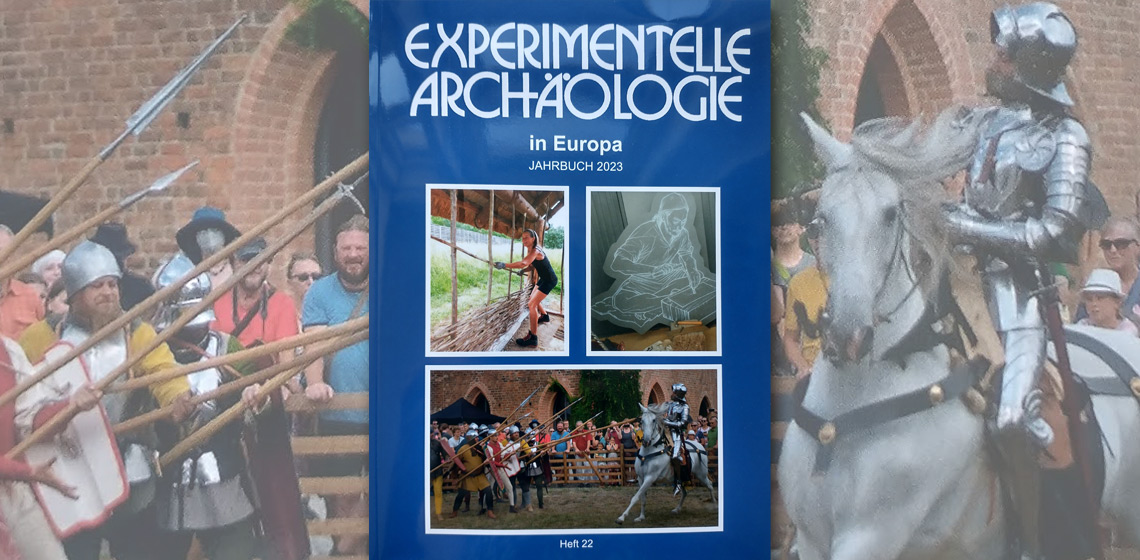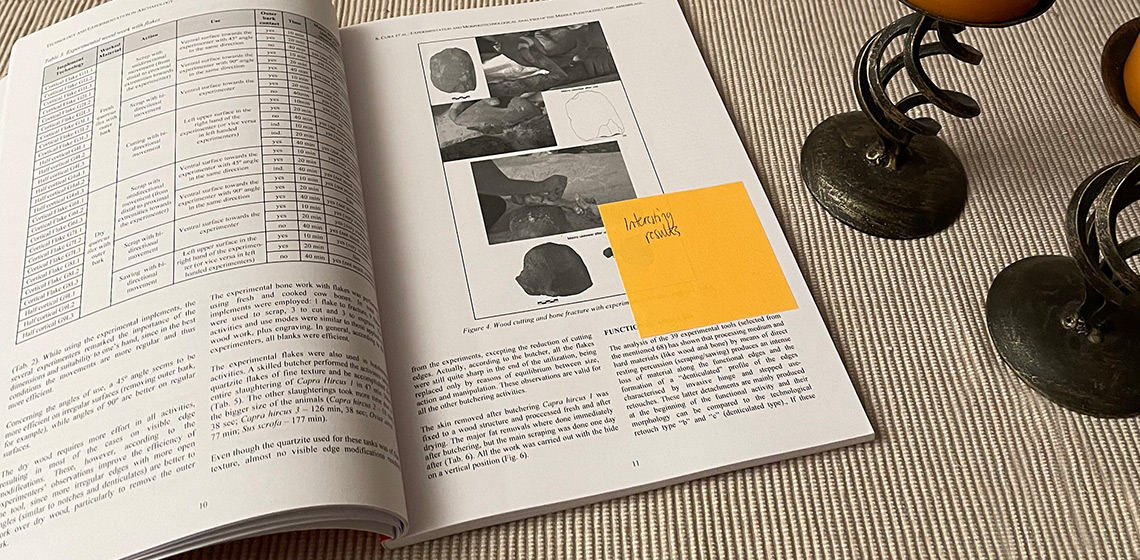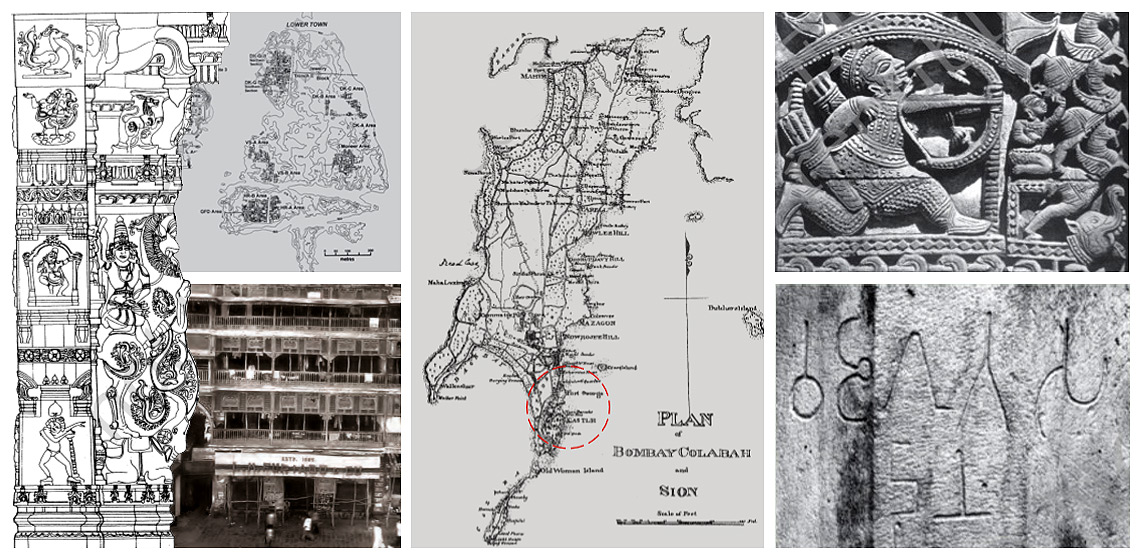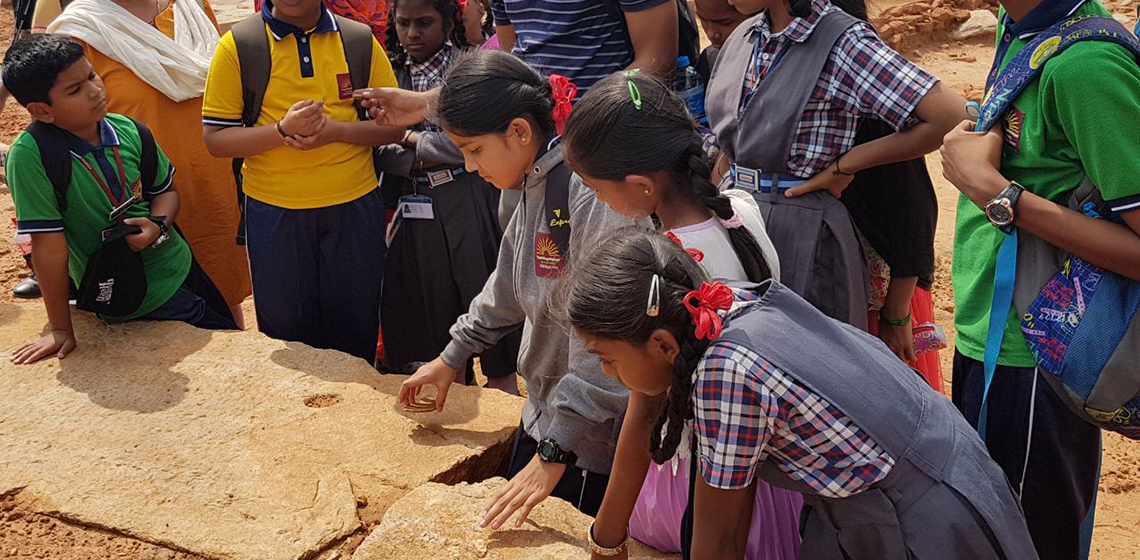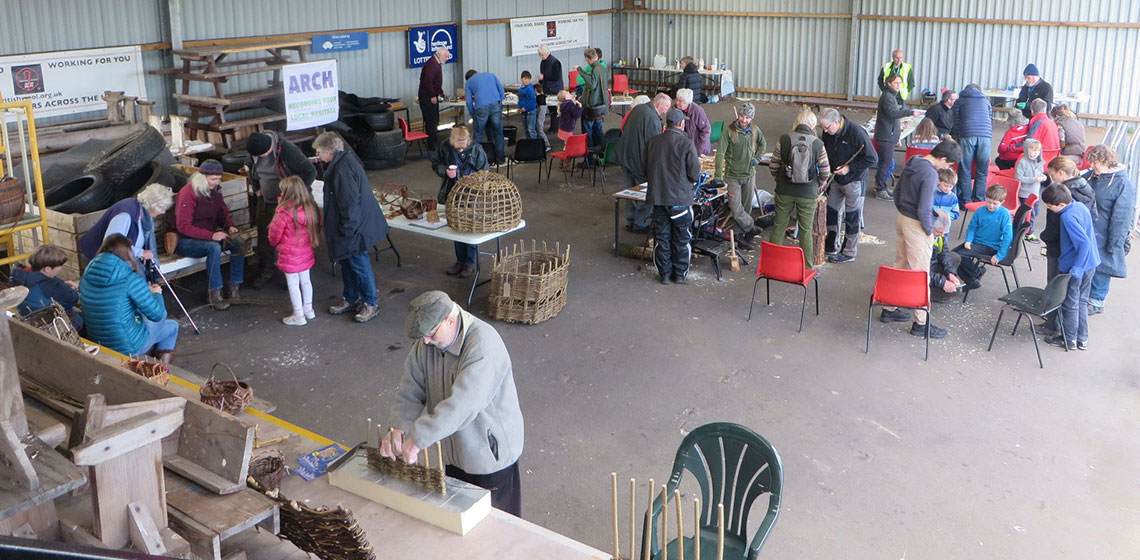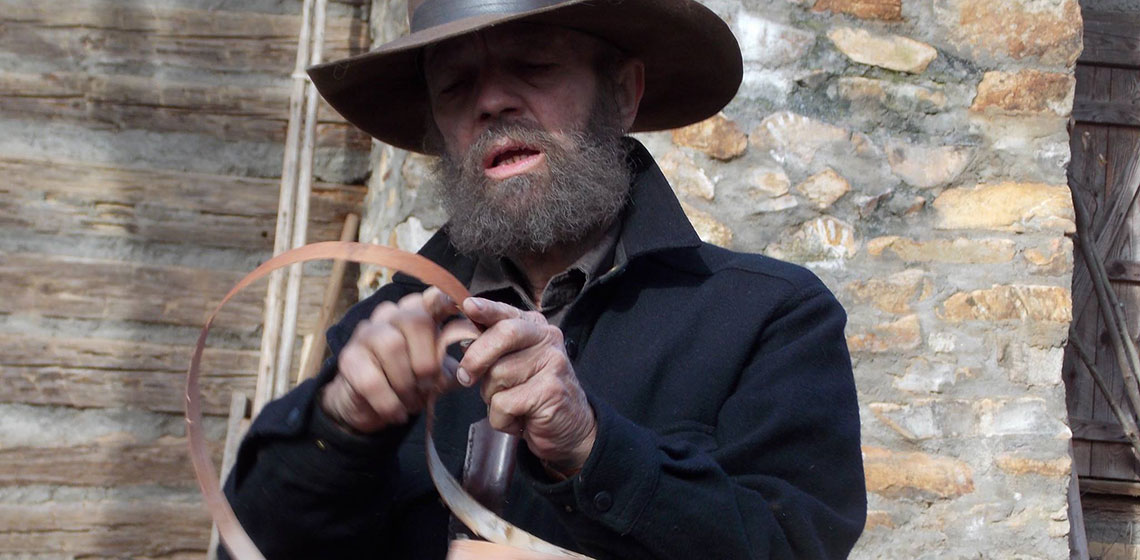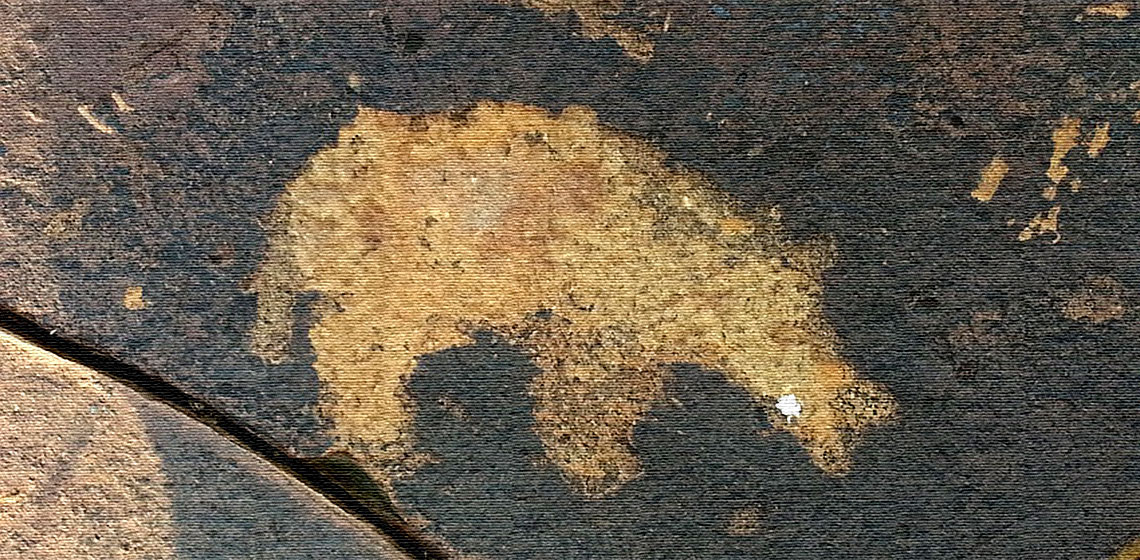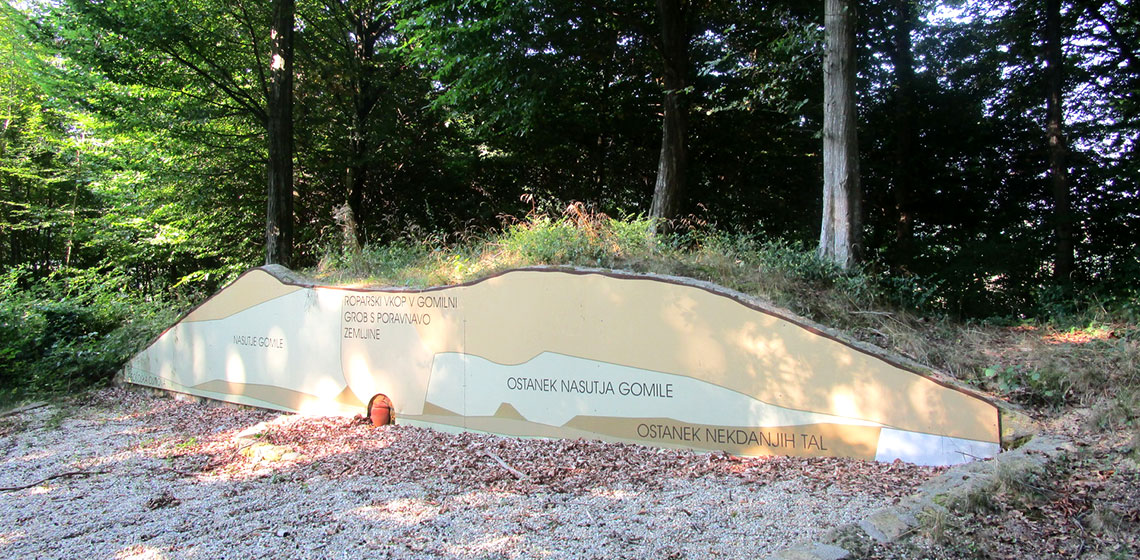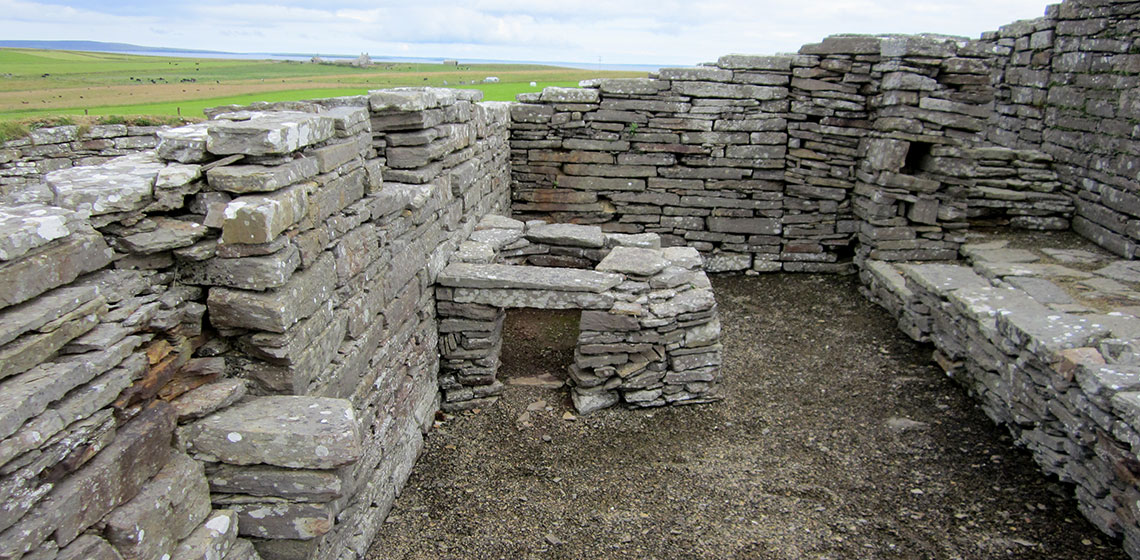archaeology
Conference Review: EXARC at the EAA, Belfast, September 2023
The purpose of the session, co-chaired by Brendan O’Neill and Rena Maguire (UCD) and Giovanna Fregni, was to bring together researchers working in different fields who engage in experimental archaeology as part of their work. Its aim was to fuse experimental and experiential archaeology with reconstructing past narratives. The session was well-attended, and not only because of the bespoke EXARC biscuits! The papers were divided into the categories of organic materials, pyrotechnic processes, and educational and cultural significance.
Book Review: Experimentelle Archäologie in Europa, Jahrbuch 2023
***The periodical is published by Gunter Schöbel and the European Association for the Advancement of Archaeology by Experiment e. V. (Europäische Vereinigung zur Förderung der Experimentellen Archäologie) in collaboration with the Pfahlbaummuseum Unterhuldingen...
Book Review: Technology and Experimentation in Archaeology by Sara Cura et al.
Are chaîne opératoire, technology, and experimental protocols and methodology keywords to your research interests? Technology and Experimentation in Archaeology provides international perspectives and excellent case studies on those very subjects...
Indian Students’ and Teachers’ Perceptions and Attitudes to Archaeological Content in History Textbooks
Taking Archaeological Concepts outside the Social Science Class in Indian Schools
Experimental Archaeology in the Scottish Highlands
Obituary: Steve Watts (25 July 1947 - 21 March 2016)
The Best Way of Preserving Something is to Educate about it - Educational Centres in South Africa
Archaeological Routes and Paths in Northeast Slovenia – new Opportunities for Tourism
Where Were the Viking Brew Houses?
***The authors have over 15 years' experience in experimenting with recreating ancient and traditional techniques of making ale from malted grain. Graham is a craft brewer, with 30 years' experience making beer from the grain. Merryn is an archaeologist, with an interest in malting and brewing technologies...

